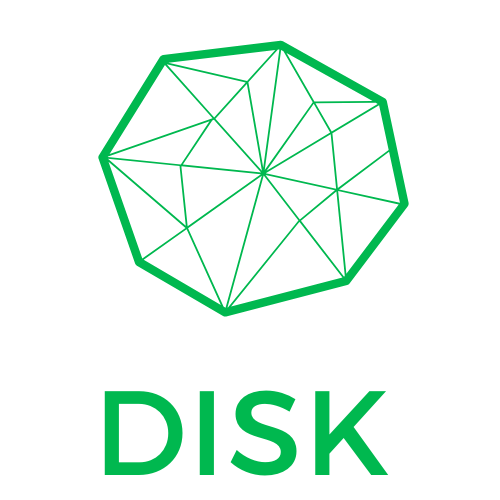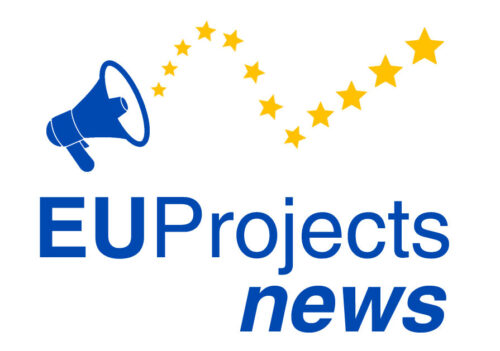
As life expectancy increases, Europe’s rapidly aging population continues to grow in number. According to the Eurostat, one in four people will be over 65 years old by 2050; social policies for the elderly in Europe often neglect lifelong learning, and this despite the fact that the sustainability of social protection systems relies on the autonomy and on the community participation of the elderly population.
On the basis of these gaps, Digital Skills for an Ageing Europe (DISK) will adopt an intersectoral and gender sensitive approach and capitalise on the valuable experience of its partners (8 organisations from 6 different countries) to provide the elderly with innovative and tailored training opportunities.
In particular, partners will carry out the following activities:
a) Develop a dedicated OER Platform accessible to all, free of charge, in full Open Access mode and in multilingual versions (EN, FR, GR, IT, MK, ES) where all the content produced will be published.
b) Develop highly interactive e-learning courses to improve the memory and learning skills of the elderly, help them familiarise with practical services such as online shopping, and bookings, etc. with a view to improving their cognitive abilities and health, as well as preventing skill decline and dementia.
c) Develop guidelines to facilitate the uptake of Digital Skills for an Ageing Europe so as to sustain project results beyond Erasmus co-financing and widen its range of impact.
Since the very beginning of the projects, the partners are collaborating to establish the online presence and visual identity of the project.
Under the precious guidance of the Greek and Spanish partners (Mathemagenesis and Internet Web Solutions, the IT and Web design specialists of our consortium), partners are in the process of finalising the digital assets of the project.
With in-depth accuracy, all participating organisation are involved in the design of the OER Platform in terms of:
• Assessing its user-friendliness
• Evaluating its ease of use
So far, the implementation of the platform is a “smooth-and-easy” process; the communication and collaboration among partners allow great efficacy and dynamism.
At the very same time, partners are brainstorming on possible lines o intervention for the development of highly interactive e-learning courses to improve the memory and learning skills of the elderly, help them familiarise with practical services such as online shopping, and bookings, etc. with a view to improving their cognitive abilities and health, as well as preventing skill decline and dementia.
The field of work has been divided in 4 macro areas, in compliance with scientific recommendations for the prevention of mental decline:
• Memory: visual, verbal and spatial ability to store and retrieve information when needed
• Executive Functions: skills like reasoning, planning, regulating behaviours
• Perception: how we interact with the environment
• Attention: Processing visual and auditory stimuli, selecting and distinguishing “relevant” from “non relevant”
For further information about DISK and others IT Solutions for All initiatives, please visit:
https://www.itsolutionsforall.org/es/







